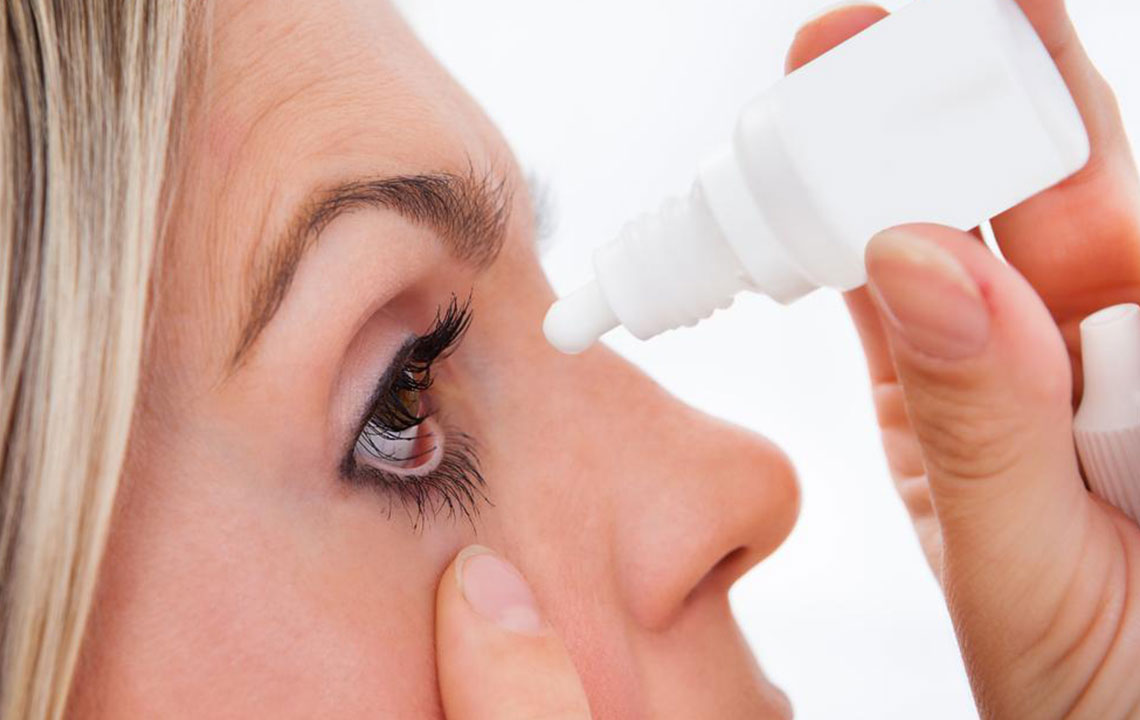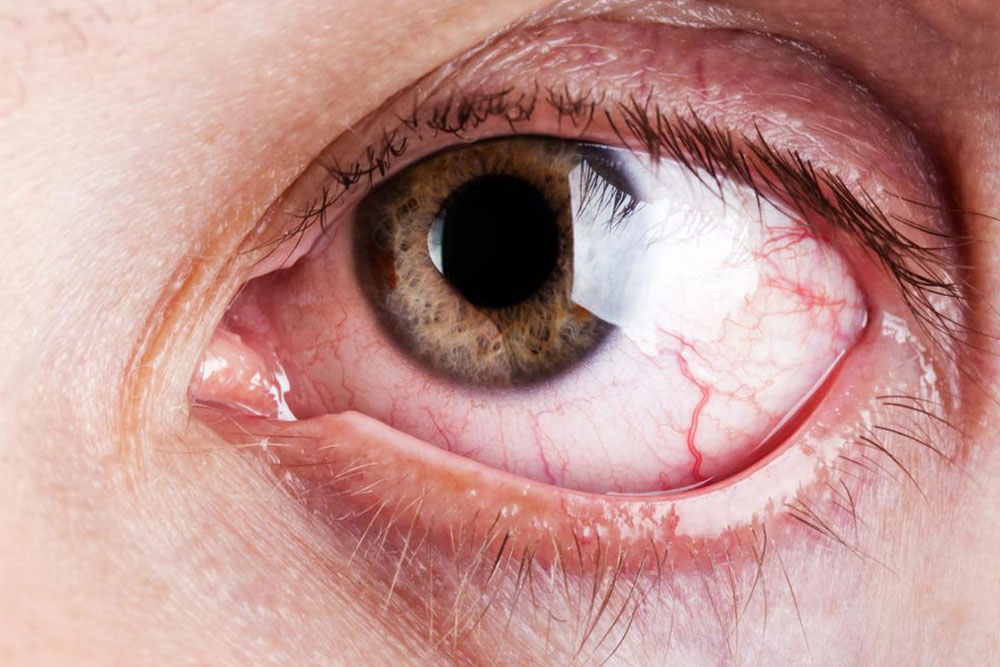Effective Treatments for Retinal and Macular Conditions
Discover how retinal and macular disorders are diagnosed and treated effectively. From retinal tears to age-related degeneration, learn about modern surgical and medical options that preserve vision. Early detection through regular eye exams is crucial for successful management of these conditions.

Effective Treatments for Retinal and Macular Conditions
The retina plays a vital role in vision, serving as the link between the eye and the brain's nervous system. It contains approximately 125 million light-sensitive cells, including cones and rods, unevenly distributed across its surface. Covering about 65% of the eye's interior, the central retina enables sharp, color-rich vision. When light reaches the retina, intricate chemical-electrical processes convert it into signals sent via the optic nerve to the brain for visual interpretation.
Retinal disorders include issues like tears, detachments, diabetic retinopathy, and age-related macular degeneration. Retinal tears occur when the gel-like vitreous contracts, pulling on the retina and causing tears. If fluid seeps through, it can lead to retinal detachment, characterized by flashes, floaters, and visual disruption. Treatments such as cryopexy, photocoagulation, pneumatic retinopexy, or vitrectomy are used to repair tears. Diabetic retinopathy results from abnormal blood vessel growth, bleeding, or fluid leakage, and can be managed with early detection, injections of anti-VEGF medications, laser therapy, or vitrectomy in advanced cases. Age-associated macular holes develop from vitreous shrinkage or injury, treated with vitrectomy, where gas helps reattach the macula. Anti-VEGF injections may also slow degeneration.
Note: While this information aims to inform, it should not replace professional medical advice. Regular eye examinations are key for early detection and effective management of retinal conditions. Consult an eye specialist for personalized treatment options.










